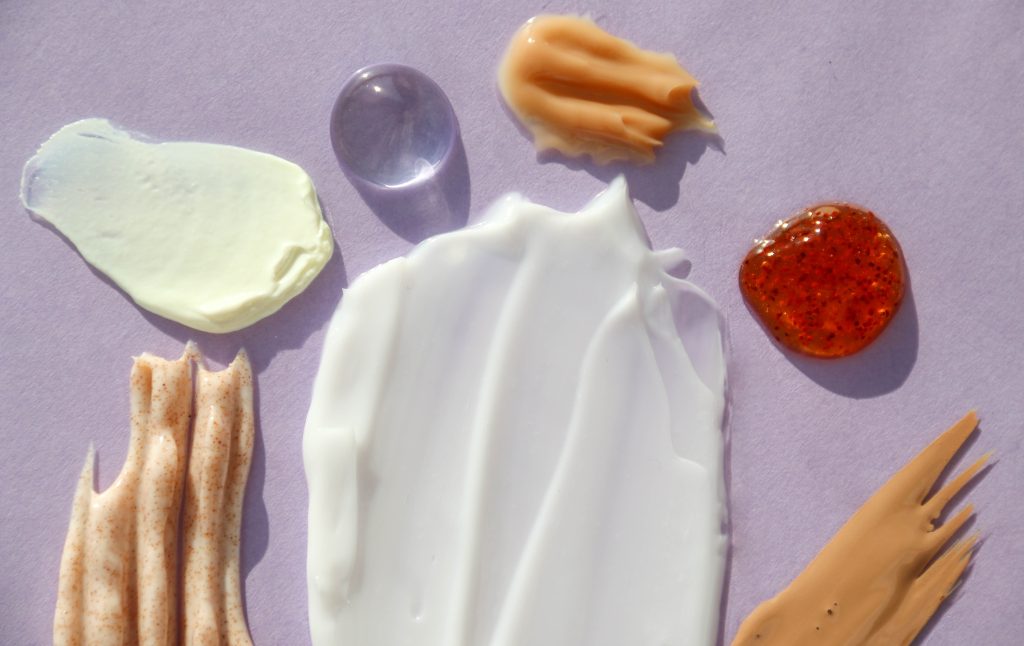Color plays a significant role in how consumers perceive and choose cosmetic products. Not only the packaging, but also the color of the product itself and its stability over time can influence consumer preferences. However, oxidation threatens the stability of cosmetics including appearance, texture, and even efficacy of formulations. Using natural antioxidants in cosmetics effectively combats it, ensuring that products retain their original characteristics for longer and satisfy consumer expectations.
The impact of color on the consumer experience
Color is a key factor influencing consumer decisions in the cosmetic industry. From lipsticks and foundations to skincare and hair care products, color consistency is associated with product quality and effectiveness. Any noticeable discoloration can lead to consumer dissatisfaction, reduced trust in the brand, and even product returns.
Stable pigmentation is essential for decorative cosmetics such as foundations, eyeshadows, and lipsticks. Changes in shade or uneven fading can indicate product degradation, discouraging future purchases. In skincare formulations, oxidation can cause natural oils and extracts to darken, giving the impression of spoilage or reduced efficacy. Similarly, hair care products with color-enhancing properties must maintain their integrity to deliver expected results.
Given the visual appeal and psychological impact of color, the stability of cosmetics is not just an aesthetic concern but a crucial aspect of product performance. Maintaining consistent shades throughout a product’s shelf life enhances consumer satisfaction and reinforces brand credibility.
The role of oxidation in color variation
Oxidation is one of the primary factors leading to color changes in cosmetic formulations. This process occurs when cosmetic ingredients react with oxygen, light, or heat, causing chemical transformations that alter the product’s appearance and properties.
Certain ingredients are particularly prone to oxidation, including natural oils, botanical extracts, and some pigments. For example, L-ascorbic acid, also known as vitamin C, a popular ingredient in skincare, can oxidize and turn yellow or brown by external factors such as moisture, light, heat, or metal ions. It is an unstable molecule, therefore the ability to stabilize it in an emulsion is critical for the effective delivery of skincare products. Similarly, plant-based oils can develop an unpleasant odor and darker color when exposed to air.
Understanding how to avoid oxidation in cosmetics is essential for ensuring product longevity and stability. Two common approaches are:
- Modifying the structure of the active components to enhance stability and effectiveness.
- Developing methods to stabilize these ingredients in different types of emulsions. Air-tight packaging, UV-protective containers, and pH stabilization are common strategies to increase stability. However, one of the most effective solutions is incorporating natural antioxidants in cosmetics.
Natural antioxidants in cosmetics: avoiding oxidation
Natural antioxidants in cosmetics act as protective agents by neutralizing free radicals and slowing down the oxidation process. Ingredients such as tocopherols, rosemary extract, and polyphenols are widely used in cosmetics to maintain color integrity and extend product shelf life.
Natural tocopherols, derived from vegetable oils, are particularly effective in preventing oxidation in oil-based formulations. As a natural antioxidant, they not only enhance the stability of cosmetics but also add benefit to consumer appeal, catering to the growing demand for clean, sustainable, and eco-friendly cosmetic formulations. Natural tocopherols help to avoid oxidations, reducing the risk of rancidity in oils and preserving the color of cosmetic products.
Bioxan®: natural antioxidant solutions for the cosmetic industry
Bioxan®, developed by BTSA, is a natural antioxidant solution made from natural tocopherols from non-GMO vegetable oil specifically designed for cosmetic formulations and personal care. It helps prevent oxidation and color degradation, improving the stability and longevity of cosmetic products and ensuring that they remain attractive to the consumer.
By using Bioxan® cosmetic brands can enhance product performance without relying on synthetic additives. Bioxan® supports sustainability efforts thanks to its Ecocert & Ecocert Cosmos certification. Whether in anti-aging formulations, lip balms, lipsticks, or shampoos and soaps, Bioxan® provides stability to the formulas without altering their sensoriality, keeping the product aroma intact and preserving its texture and appearance.
Maintaining the stability of cosmetics is a key challenge in the industry, but with the use of appropriate antioxidants, it is possible to preserve products’ flawless appearance and long-lasting efficacy. By integrating innovative antioxidants, manufacturers can meet the growing demand for high-quality, stable, and eco-friendly cosmetics.

